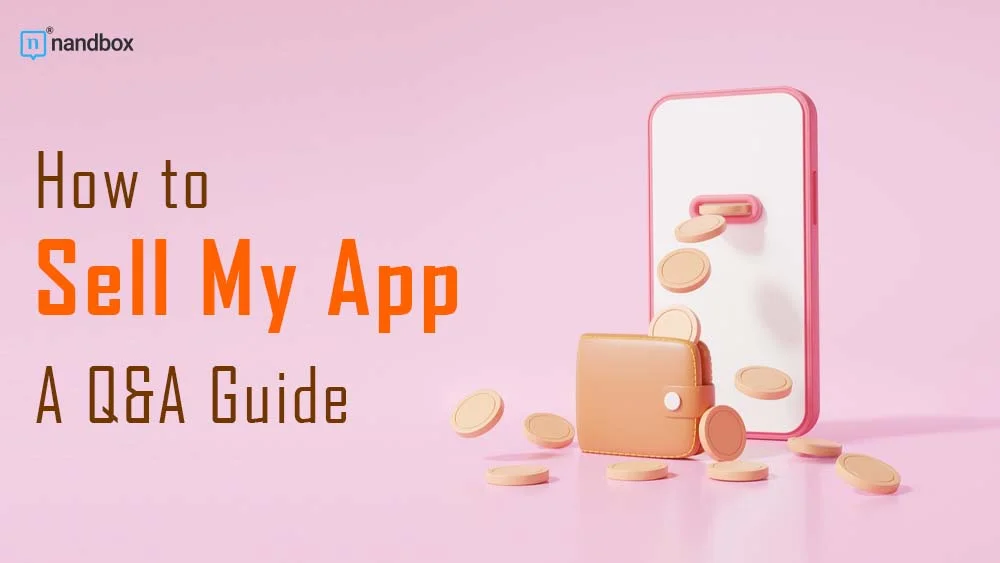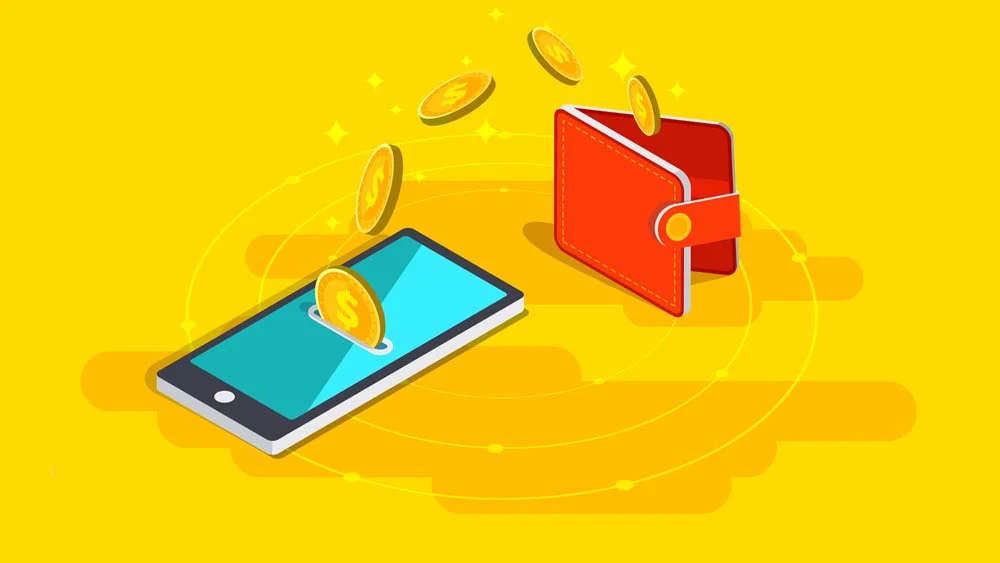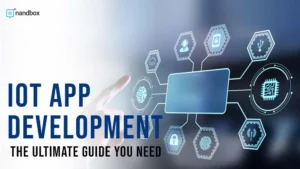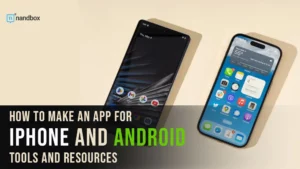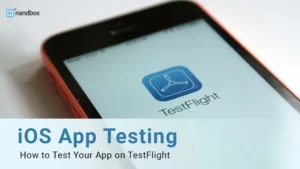A Q&A Guide That Answers an Important Question: “How to Sell My App?”
Applications are revolutionizing life as we know it. Through our daily lives, technological enhancements are advancing. They’re helping us understand how to monetize our assets in a positive way. In this guide, I will be answering a question that a lot of people are wondering about. A lot of people are asking, “How to sell my app?” This is a question that I will be answering with a step-by-step guide. One that will be your guide in such a monetization process.
There are some things that you will need to consider when you get the idea of selling your app. There are questions that you will also need to ask yourself and understand their answers efficiently before selling your app. Navigating the complex landscape of app sales requires a strategic approach. That is why this guide offers a roadmap with expertly crafted answers just for you.
From identifying target markets and optimizing app features to leveraging marketing techniques and negotiating deals. Practical and valuable insights meet each query here. Whether you’re a seasoned developer or a newcomer to the app industry, this guide equips you with knowledge. One that you need to navigate the competitive market and maximize the value of your app creation.
If Your App is Making Money, Why Sell It?
I know that there might be various reasons for someone to sell their app. It doesn’t have to be app failure as a reason for you to sell your app. Sometimes the project itself can tire you. Other times, you may lack the number of team members that you need for your app to work efficiently. You may lack the right number of employees to carry out the weight that comes with your app and its services. First, timing is essential in the context of selling your app. Market trends and user preferences are constantly changing, so it’s important to take advantage of a peak in the app’s popularity to maximize its selling price.
In addition, the world of app development is constantly evolving, with new technologies and innovations constantly shaping the industry. Some developers may opt to capitalize on their achievements and utilize the earnings to support new projects or ventures. In addition, personal factors, such as a longing for a shift in direction or way of life, might inspire a developer to sell their successful application. In the end, the choice to sell is complex and relies on a mix of financial objectives, market circumstances, and personal ambitions.
Is It This: “How to Sell My App?” Or Is It That “How to Transfer My App?”
We all know that some people consider their applications their main business. That is why it is crucial that you understand the difference between selling your app and selling it through the process of transferring it. What does it mean to transfer your app, though? Let me tell you. When an individual is transferring their app in the context of selling, it encompasses the thorough process of transferring ownership, management, and associated resources of the app to an alternate party.
This complex transaction entails the transfer of various rights, including the property, software source code, user data, and relevant records. The seller guarantees a smooth transition by assisting with the transfer of app-related accounts as well as permits and domains. The buyer, on the other hand, takes on the responsibility of regular upkeep, updates, and assistance for customers. This transfer is a crucial step in the sale of an app, signifying the transfer of functioning and strategic authority from the developer who created it to the acquiring party.
The Main Process: What Does an Application Sale Look Like?
There is a set method for selling an application that includes a few important steps. Finding a buyer and negotiating terms, such as the purchase price, intellectual property rights, and any other relevant conditions, are usually the first steps. That is, once you make a deal,which includes looking closely at things like the app’s success metrics, customer base, and legal adherence. After that, you write a thorough sales agreement. One that spells out the terms and conditions of the sale.
Important things like source code, user data, and related documentation are traded during the actual transfer. After the sale, users are told that they are no longer the owners of the product, and the buyer is responsible for ongoing care and development. Legal issues, like contracts and preserved property rights, must be taken into account at all times during this process to make sure it goes smoothly and legally. Each application sale is different, but a clear and well-defined process is necessary for a deal to go smoothly and benefit both parties.
The Marketplace Where You Can Sell Your App
It is not like we’re selling applications all day and every day. You’re not expected to know where you can sell your app from one simple search. That is why I also included that little detail in today’s guide. The best place to sell your app depends on a number of factors, and different sites can meet different needs. The Apple App Store is one of the most well-known places to get apps, especially iOS apps. Obvious, I know. That is, however, because it has a huge user base and a strong community. The Google Play Store is like the iTunes Store for Android apps; it has a huge audience and is easy for everyone to access.
Furthermore, specialized online markets such as Flippa and Apptopia offer specific areas for getting and selling mobile apps. These platforms help app makers connect with people who might want to buy their apps, which speeds up the sales process. In addition to specific marketplaces, networking in online groups, forums, and conferences for your business can also lead to opportunities. The best place to sell your app will depend on your target audience, how well your app works with other apps, and the features of your app that match the needs of potential buyers.
The Many Benefits of Selling Your App
There are a lot of benefits, both physical and immaterial, that can come from selling your app. The main reason is to make money. Something that we all want and wish to make. A good sale can bring in a large sum of money that can be used for personal or business purposes. Getting rid of the app also lowers your recurring assistance costs and operational duties, giving you more time and resources to work on other projects. Besides just making money, selling your app can be a smart way to take advantage of its current value in the marketplace.
This is especially true if you think that the sector’s trends will change or if you think it will be hard to keep its growth going. This procedure can also help you grow as an expert by teaching you about things like due research, negotiation, and the legal side of transactions. Working with a new owner could give the app new ideas and skills, which could make it last longer and be more useful to users.
Furthermore, selling your app can give you a feeling of achievement, particularly if the app has been a success, and it can free you up to work on new projects or reach personal goals. In the end, the choice to sell is complicated because it comes with a mix of cash benefits, tactical positioning, and chances to grow as a person.
Are There Any Disadvantages or Cons to Selling Your App?
Although selling your app can bring financial gains and open new doors, it’s important to be mindful of potential drawbacks. An important consideration is the potential loss of creative control and the original vision for the app. The new owner may choose to steer the product in a different direction, possibly straying from your initial vision.
In addition, there is a potential for user dissatisfaction or attrition during the transition, which could have an impact on the app’s reputation. Dealing with the intricacies of the law, such as contract negotiations and protecting creative works, can prove to be quite demanding and require a significant investment of time. Moreover, the ever-changing nature of the app market makes it difficult to predict the optimal time to sell your creation, potentially resulting in undervaluation.
Lastly, if your app is a source of ongoing revenue, selling it means giving up a consistent source of income. Considering these potential drawbacks in light of the benefits is crucial for making a well-informed decision that aligns with your long-term goals and values.
Wrapping It Up!
To wrap things up for you, if you want to successfully sell your app, you need to carefully weigh the pros and cons. The money and professional growth opportunities are appealing, but the legal issues, loss of artistic control, aka your branding touch, and difficulties in making the transfer must be carefully thought through.
Important things to keep in mind are timing, strategic placement, and a good grasp of market trends. In the end, the choice comes down to how well your goals fit into the bigger picture of the app market. You want to make sure that the sale fits with your plans for the future while also getting the most money for your work.

